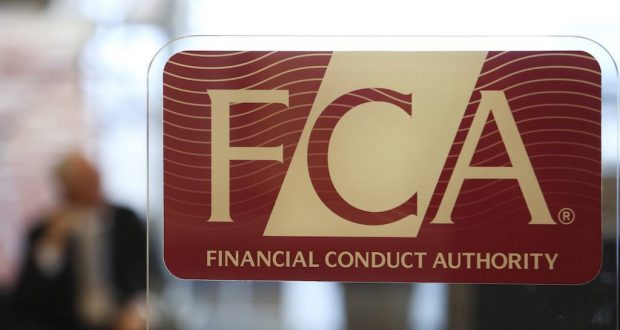Brexit was finally approved on January 31st and the UK was given an 11-month transition period to set everything up for the future of the country's adjustment to the new financial and political reality.
Sure, the Brexit dilemma has been eating away at the UK economy for more than 3 years now, but the actual act of approving such a massive transition was more than enough to quickly adjust the markets, both centralized and decentralized.
The UK government has been planning a transition policy in terms of economics and finances for a while now, but not all of it was final. The government agencies did not necessarily finalize their strategies because they were not awaiting Brexit to go through so early. Many experts believe that the Labor party was trying to postpone the withdrawal for another two years.
Therefore, it's easy to say that the UK is not really prepared for what just happened on Friday last week.
The Fca is Putting Out Fires
The Financial Conduct Authority, the United Kingdom's financial regulator is already at work trying to put out fires caused by premature withdrawal. Most of it has to do with taxing corporations that have decided to remain within the UK.
Just recently the FCA announced that it would be increasing its fee for acquiring a license for crypto companies.
In the past, the fee was 5,000 GBP, but the FCA will be increasing it to 10,000 GBP with a justification that there are a lot of applicants, and increasing the price would filter the unworthy ones right away.
The funny thing is that the FCA had already faced some backlash due to their pricing on the license. The criticism mostly came from small crypto companies with net revenue of less than 250,000 GBP. These companies were supposed to pay the same fee as million-dollar crypto corporations. Needless to say, it felt quite unfair.
To combat this issue, the FCA introduced a new system that allowed below 250,000 GBP earning crypto companies to only pay 2,000 GBP in fees. But that came with its own issues as well.
Many companies were reluctant to earn more each year, simply because they did not want to pay the extra 3,000 GBP in fees that it would introduce.
But now though, that extra 3,000 GBP has turned into an extra 8,000 GBP.
Why the Sudden Hike in Fees?
As already mentioned the financial preparation was a bit lackluster, thus leaving the UK with a serious monetary gap in taxes, due to how many companies simply up and left the country.
The FCA, alongside the government, had to somehow fill these gaps and keep the budgets on a maintainable level. This was pretty much the case for the gaming industry as well, when they got their taxes increased out of nowhere.
It's obvious that the UK is facing some serious financial issues and they're not even trying to hide it anymore.
Should the 11-month transition period pass without a serious adjustment to the new reality, even higher taxes are to be expected.
 You, Me, and BTC Your Liberty & Bitcoin Podcast
You, Me, and BTC Your Liberty & Bitcoin Podcast






